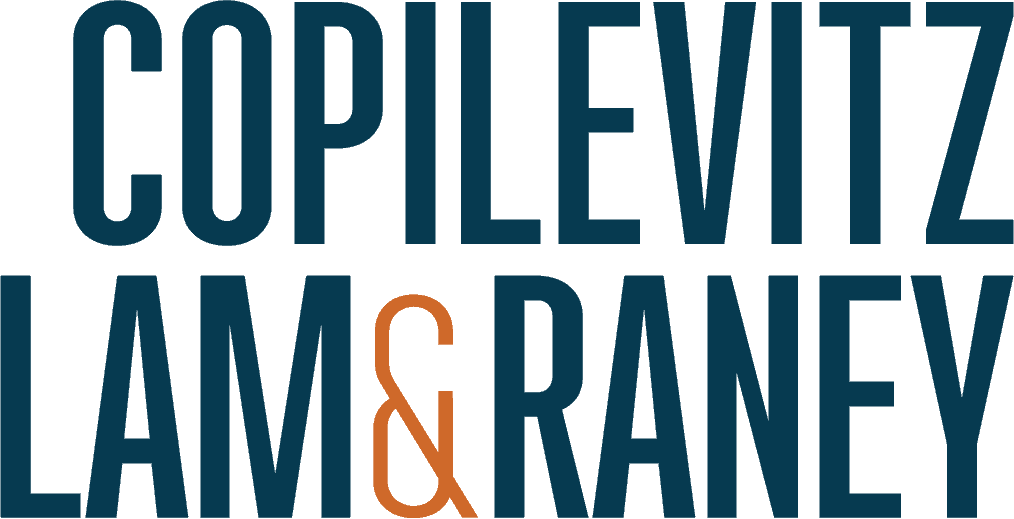On December 27, 2023, a federal court in Florida ruled that the Federal Communications Commission (“FCC”) did not have to issue a citation (i.e., a formal warning) to an individual prior to fining him $120 million for making more than 96 million spoofed robocalls to consumers during 2016. See United States v. Abramovich, No. 23-21723, 2023 U.S. Dist. LEXIS 229591 (S.D. Fla. Dec. 27, 2023).
The forfeiture was pursuant to 47 U.S.C. § 227(e) of the Telephone Consumer Protection Act (“TCPA”) which prohibits deceptive caller ID transmission.
The FCC argued it did not have to give such a warning for caller ID or prerecorded calls and calls to cell phones restrictions (found at 47 U.S.C. § 227(b)) even though a citation was required for violations of the do not call provisions (found at 47 U.S.C. § 227 (c)).
The court agreed with the FCC.
Because so much enforcement of the TCPA is now by private class actions, which have no warning or notice requirement, this issue is not as important as it was prior to the explosion of TCPA class actions. You can expect no warning prior to a TCPA class action filed against you, so compliance is of most importance.
You now can expect no warning, either, from the FCC before it can impose huge TCPA penalties.
However, if you were to receive a citation warning from the FCC regarding “do-not-call” liability under the TCPA, you should immediately investigate your compliance measures.
